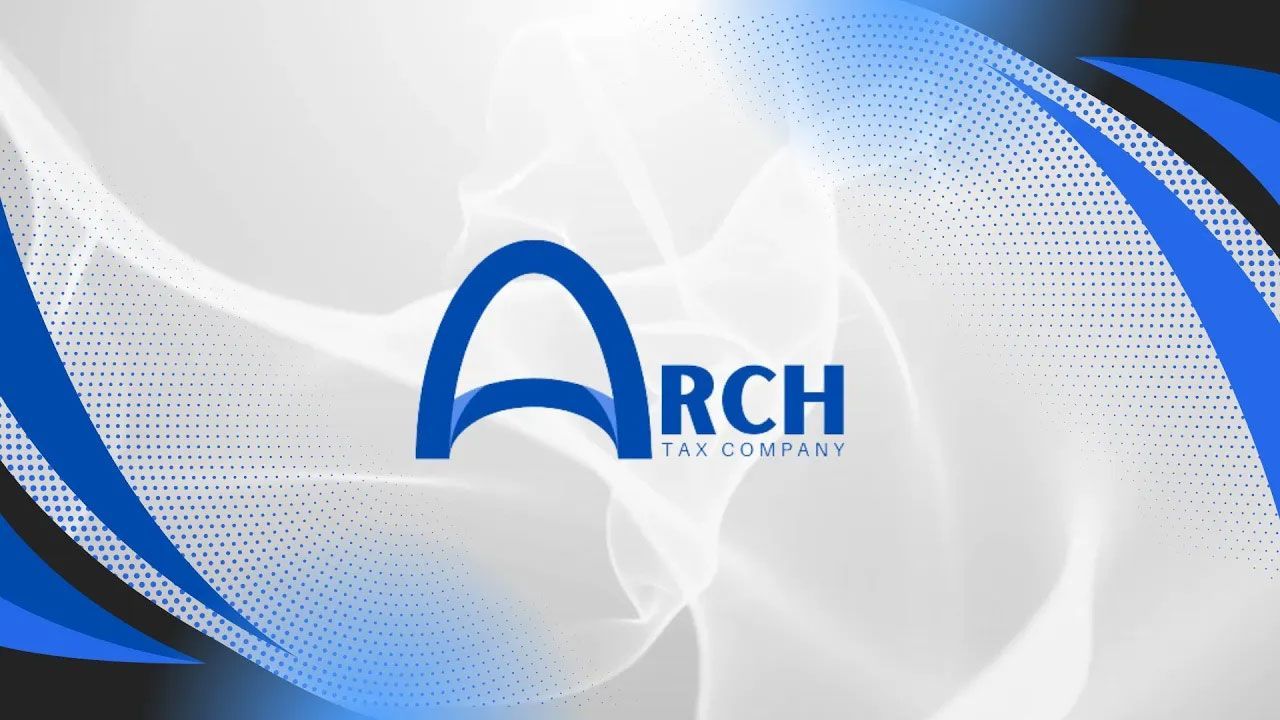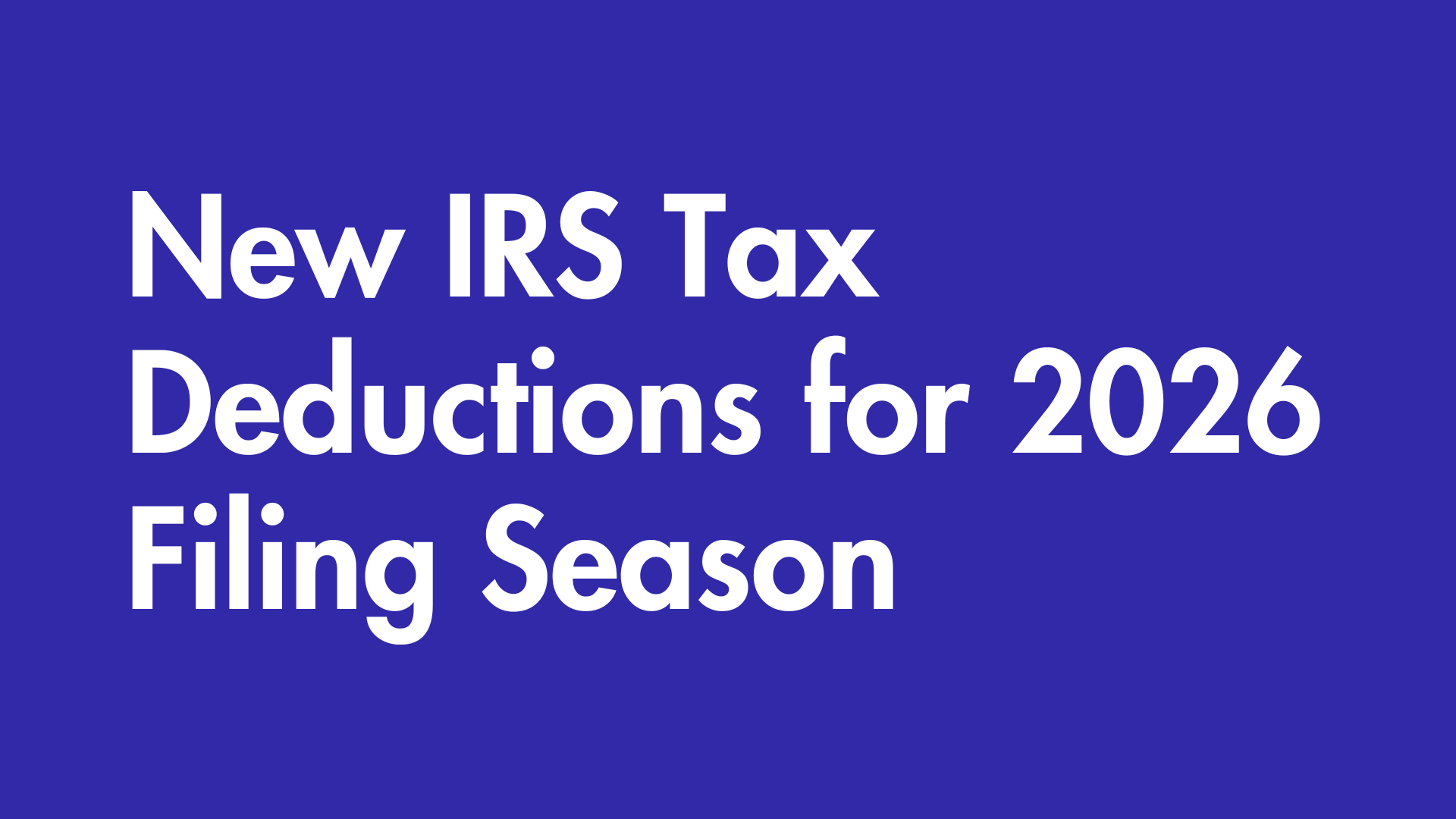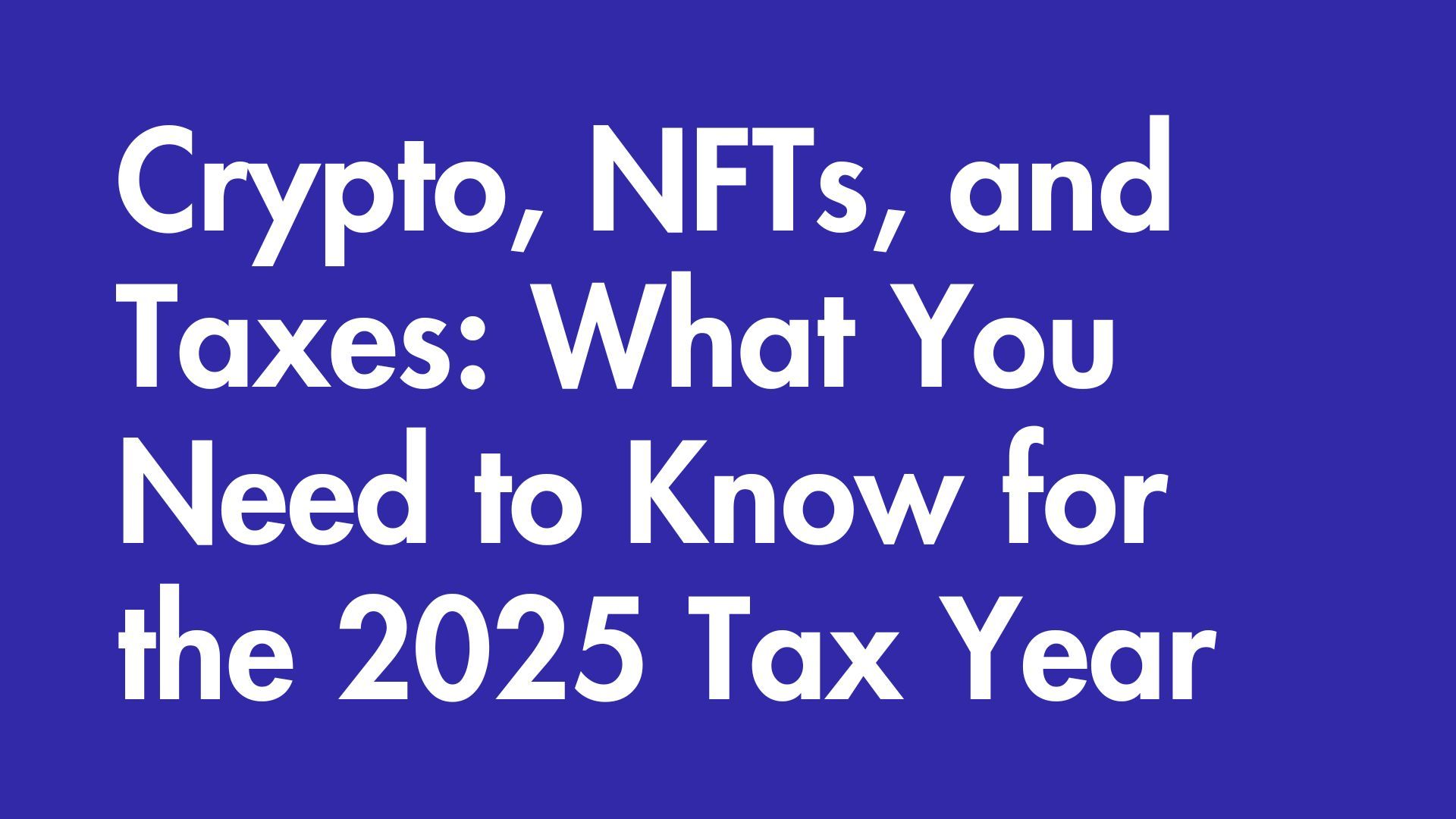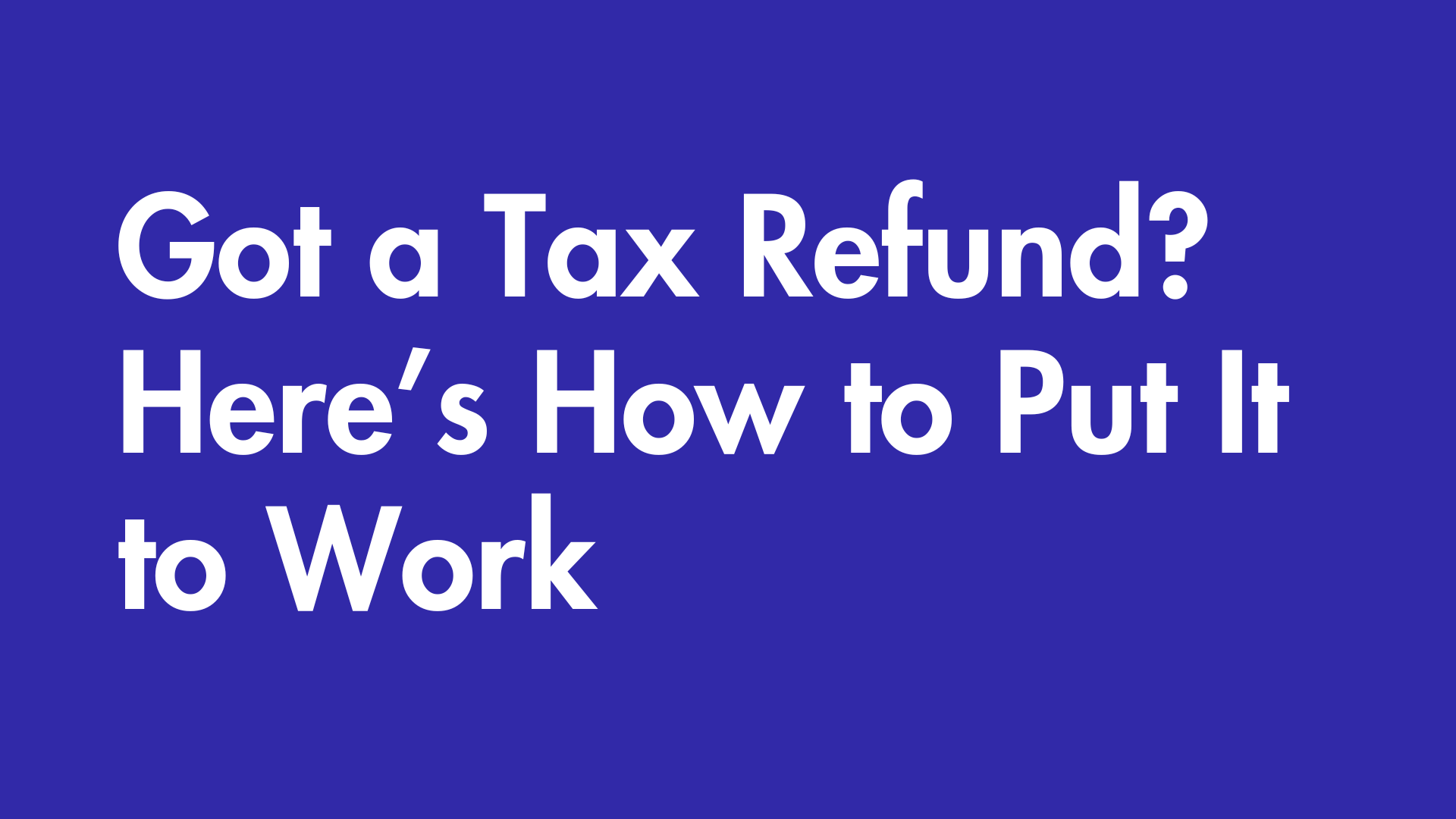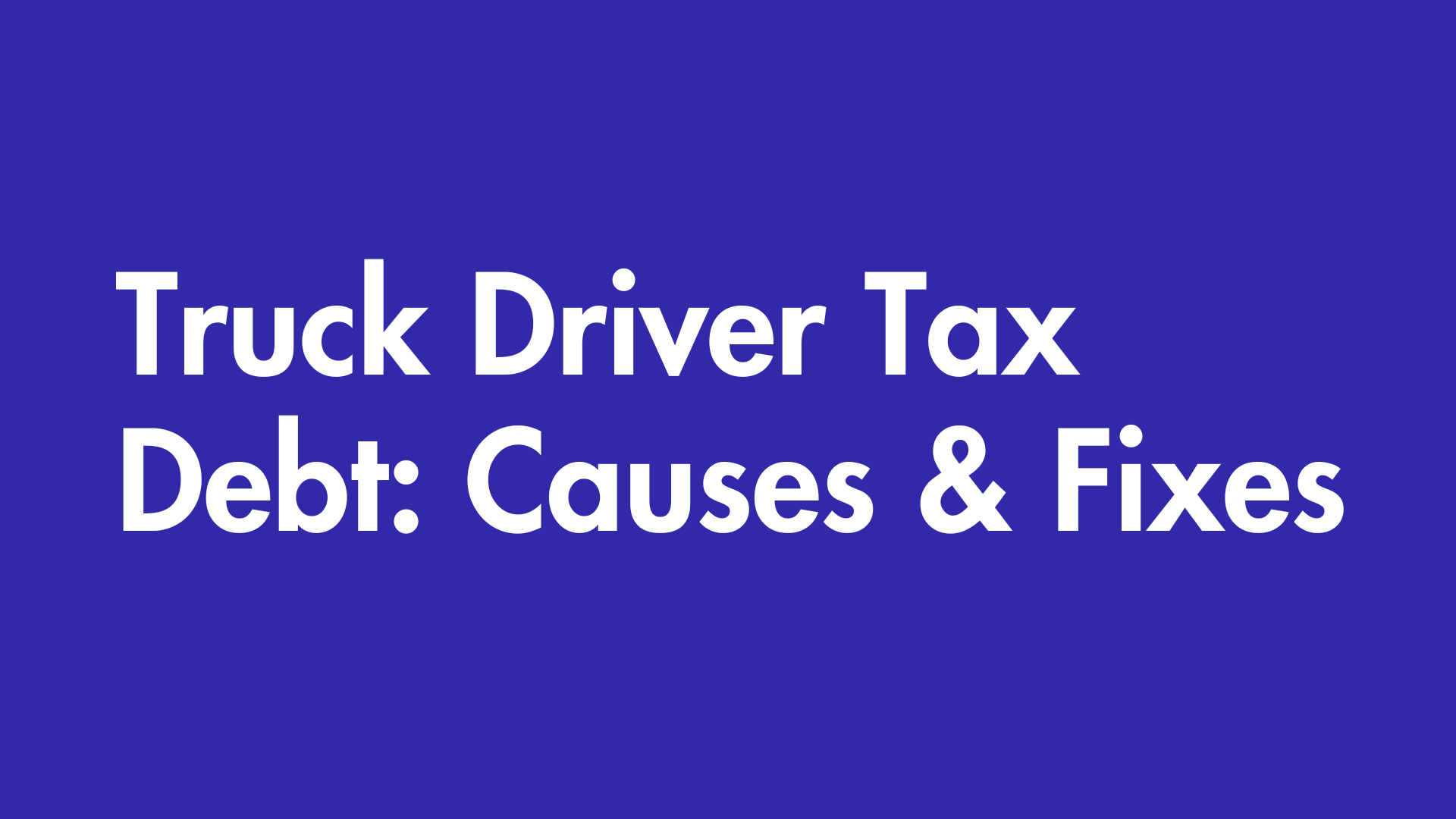October 15th Deadline for Extension Filers
If you filed for a tax extension earlier this year, your time is almost up. The final deadline to file your extended federal tax return is Wednesday, October 15, 2025. If you’re one of the millions of Americans who requested more time, here are the important things you need to know before the clock runs out.
1. You Still Have to File — Even If You Can’t Pay
Filing by the October 15 deadline helps you avoid additional penalties and interest. Even if you owe and can’t pay the full amount, the IRS strongly encourages you to file anyway. You’ll reduce your late fees and open up payment plan options.
2. File Electronically and Choose Direct Deposit
Electronic filing is faster, more secure, and more accurate than paper filing. If you're expecting a refund, choosing direct deposit is the quickest way to get your money.
3. Free Filing Options Are Still Available
Don’t forget — the
IRS Free File program is open until October 15. It’s a great way for qualifying taxpayers to file electronically for free.
There are also local programs like
VITA (Volunteer Income Tax Assistance) and
TCE (Tax Counseling for the Elderly) that help people with basic tax filing at no cost.
These programs are especially helpful for:
- Individuals with low-to-moderate income
- Seniors
- People with disabilities
- Limited English speakers
4. Live in a Disaster Area? You May Have More Time
If you're in a federally declared disaster zone, you could qualify for automatic extensions beyond October 15. Check IRS.gov for updated disaster relief guidance.
5. If You Owe, Explore IRS Payment Options
Can’t pay the full amount? Don’t panic. The IRS offers several payment options, including:
- Installment plans
- Online account management
- Short-term extensions to pay
You can apply for a payment plan directly on the IRS website.
6. Owe a Balance? We Can Help You Explore Tax Relief Options
If you're staring down a tax bill you can't afford, you're not alone—and you have options. At Arch Tax, we specialize in helping people just like you negotiate with the IRS.
We’ll help you understand if you qualify for:
- Partial Pay Installment Agreements
- Currently Not Collectible status
- Offers in Compromise
- Penalty abatements
Before the IRS ramps up collection efforts, let’s talk about your situation and figure out the best resolution path for you.
Need Help?
We’re here for you. At Arch Tax, we help extension filers every year wrap up their tax returns, minimize penalties, and stay in good standing with the IRS.
If you’re feeling overwhelmed or have a complex tax situation, don’t wait until October 15 to get started. Let’s make sure everything gets filed correctly and on time.
Schedule your free consultation today — and finish your taxes the right way.

